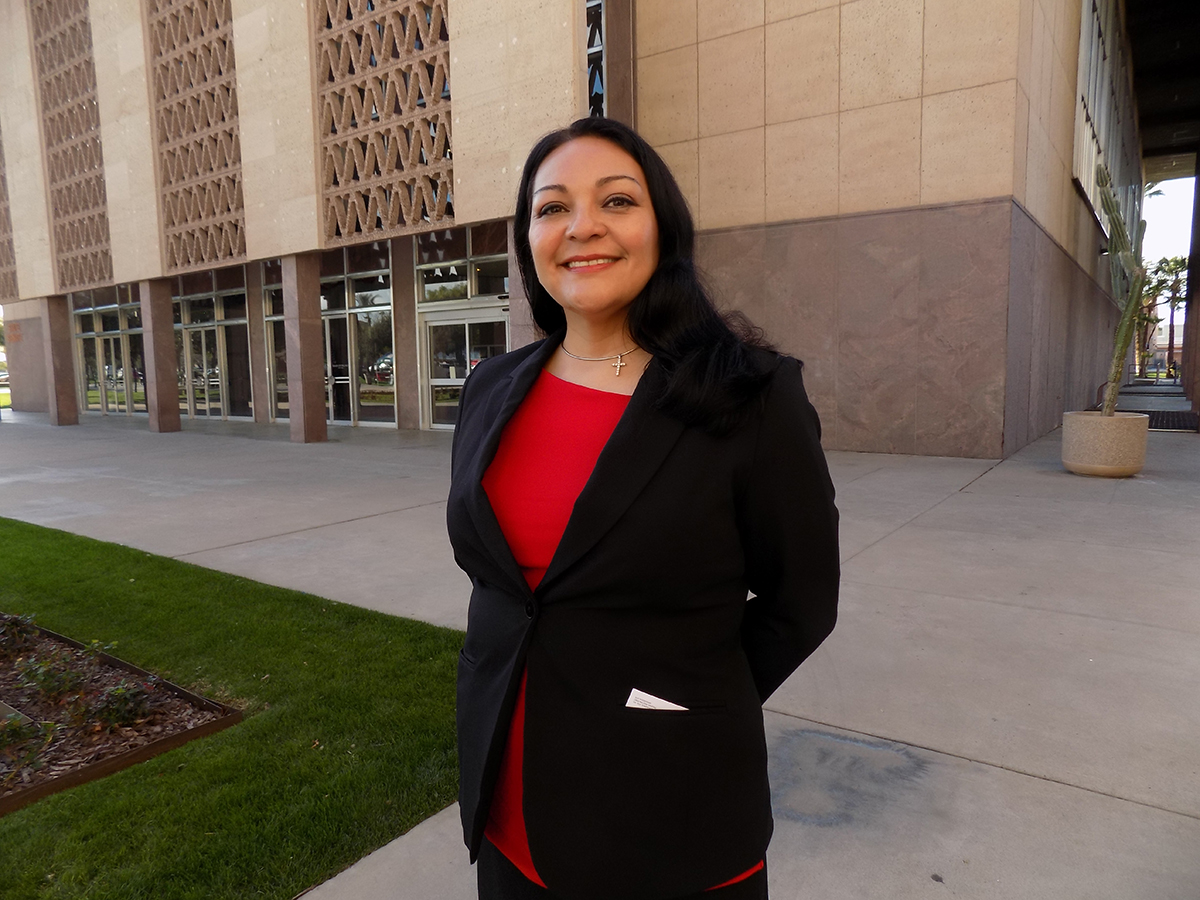Changing lives, one summer at a time

By listening to a single song — Tracy Chapman’s “Fast Car” perhaps, or U2’s “With or Without You” — Debbie Norris can picture herself at 16 years old, living away from home for the first time and attending the Exeter Summer program.
Norris is Navajo, and she grew up on the Tohono O’odham reservation in southern Arizona. During the summer of 1988, she sampled lobster for the first time, at a restaurant in Maine. She also took classes in Russian and history, and met fellow students from New York City and Puerto Rico, Japan and Korea.
“It was the first time I interacted with people from different countries,” Norris says. “Ironically, it was also the first time I met members from other [Native American] tribes — the first time I’d gone to school with Hopi students, students from San Carlos Apache and Laguna Pueblo.”
Norris learned about Exeter Summer from her brother, who had attended a year earlier. “We had traveled a little bit as youngsters but spent most of our time growing up in Arizona,” she recalls. “So it was a real eyeopener for him and then for me.”
In addition to the friends she made, some of whom she’s still close with today, Norris has also kept in touch with teachers she studied with that summer. She credits them with encouraging her to challenge herself intellectually. “I knew that I was intelligent, but nobody had ever really pushed me to see how far I could take that,” Norris says. “[Exeter Summer] really changed the trajectory of my life.”

Norris would go on to major in history at Stanford University and attend a study abroad program at Oxford. After graduation, she embarked on a career focused on education in her home state. During a decade spent working in the Arizona Department of Education, Norris served as the state’s Indian Education Director as well as a deputy associate superintendent. “Having a broad knowledge of what it’s like to be a student in so many different types of schools made me a very effective Indian education leader for the state of Arizona, because I had so many different experiences in my background,” Norris says.
Earlier in her career, Norris served three terms in the Arizona state legislature, helping to pass education and school capital finance laws that impacted various learning environments and students across the state, including in tribal nations. In her current position as a compliance and policy project manager with the state’s Department of Administration, she is working to improve education from a different angle.
“I focus on creating policy, not legislation,” Norris explains. “One of the things I’m most proud of is that I worked for an administration that figured out a way to certify Native American language teachers in a state where there was no professional exam available for 22 languages that were Native American or Indigenous. Today, we have more than 120 Native American language teachers in the state of Arizona — I’m one of them.”
Norris hasn’t forgotten the role Exeter Summer played in her learning journey, and she has worked consistently over the years to help recruit Native American students for the program. Her efforts have been especially important as Exeter Summer seeks to rebuild attendance after the COVID-19 pandemic. “I encourage young people to look at the program, to put themselves out there and try some classes that they don’t have back at home,” Norris says.
Nathan Poocha of Flagstaff, Arizona, remembers his family connecting with Norris before he attended Exeter Summer’s Access program as a rising ninth grader in 2023. It was his first time traveling to the East Coast, and his first time living away from home. “I don’t think I’ve ever met people of such cultural diversity,” Poocha says. “I’ve met people from the United Arab Emirates, China, Poland.”
As a student in the Classics: Exploring the Ancient World cluster, Poocha got an introduction to both Latin and Greek and read excerpts from Homer’s The Odyssey and Ovid’s Metamorphoses. He and his classmates took a field trip to Boston, where they viewed ancient Greek pottery and statuary at the Museum of Fine Arts. “I didn’t really know what Classics was,” Poocha says. “My school only has Spanish and French, and I thought it would be a good thing to learn. I’ve really enjoyed it, and I would definitely recommend [Exeter Summer] to other people.”
For Norris, seeing students like Poocha explore new subjects and experiences is evidence that her efforts are paying off. “Exeter has a long-term commitment to our students in Arizona,” Norris says. “I’m just a part of that, but I’m very proud to play whatever role I can. For me, it’s been a lifelong relationship with educators, and with Exeter.”